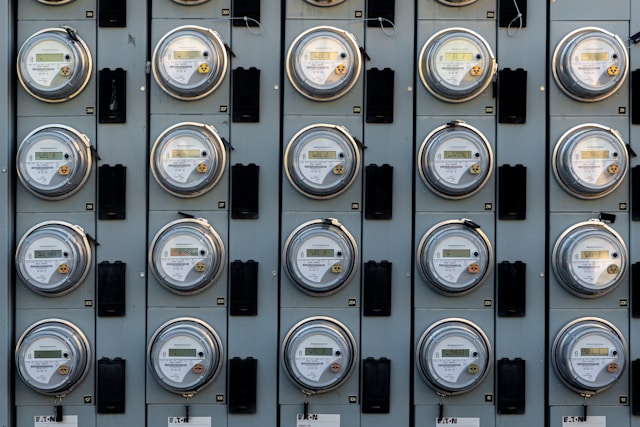
Many Americans find themselves in debt for a variety of reasons. Some people find it tempting to charge things they may not otherwise be able to purchase, as credit cards can provide the illusion of affordability. But for others, more serious events can creep in and destroy a financial situation. A job loss can pose tremendous financial stress on a family. And unforeseen medical expenses may be greater than someone’s income can handle.
Depending on the unique circumstances surrounding your debt, filing for bankruptcy may be the answer to getting back on track financially. If you decide to take that route, Chapter 7 or Chapter 13 might be an option for you. A general understanding of the differences between the two may help you decide which would best meet your needs.
What is the difference?
Both options could potentially help your financial situation by reducing your debt and stopping creditor harassment. However, there are some defining characteristics separating your bankruptcy options.
- Chapter 7 bankruptcy – If you qualify to file for Chapter 7, most of your property will be sold to pay off your debts. This is why it’s often referred to as a liquidation bankruptcy. The ability to keep your house or car may depend on the specifics of your case, such as the value of these items, allowable exemptions and debtor arrangements. Your credit report will reflect your bankruptcy for up to 10 years.
- Chapter 13 bankruptcy – This is also referred to as a wage earner’s plan. Rather than selling most of your things, you may create a plan to repay your debts over the next three to five years. For homeowners wanting to maintain their real property, Chapter 13 may provide the opportunity to stop foreclosure proceedings. You can expect this bankruptcy to reflect on your credit for up to seven years.
Though filing for bankruptcy can help clear your debt, you might have many things to consider as you decide which plan is best for you. As you explore your options, you might consider what you’re willing to give up in order to get a fresh start.




